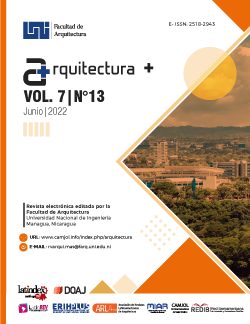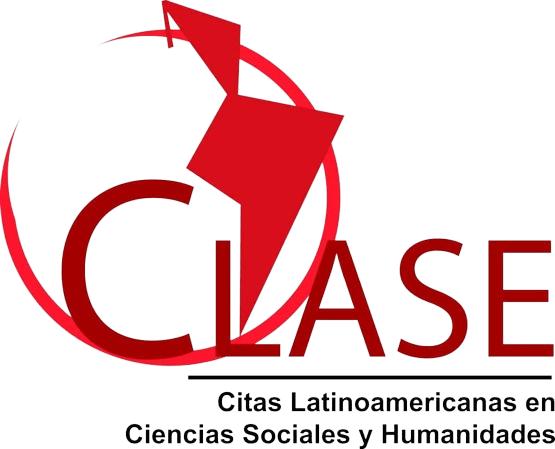Cultural heritage and sustainable development: guidelines for its valuation in Central American countries
DOI:
https://doi.org/10.5377/arquitectura.v7i13.14456Abstract
The purpose of this article is to assess cultural heritage as a fundamental component for the sustainable development, based on approaches that arise from social-cultural theory, contrasting and relating the functional intentions between these two aspects. To carry out the analysis, in a first moment, the model of sustainable development is characterized, establishing a link of equivalence between the dimensions that integrate the social, cultural, economic, political, and spatial system of the territories. In the Central American context, it characterizes approaches, models and instruments, as part of the framework and opportunities available to promote people-centered development.
The model promoted by this study, raises the analysis and changes in how territory and heritage are conceived, planned and lived. The paradigm shift in the relationship between cultural heritage, territory, development and sustainability also questions the traditional idea of seeing the territory as an opposing element that confronts its environment and resources.
Downloads
Downloads
Published
How to Cite
Issue
Section
License
Copyright (c) 2022 Universidad Nacional de Ingeniería

This work is licensed under a Creative Commons Attribution-NonCommercial-NoDerivatives 4.0 International License.




















